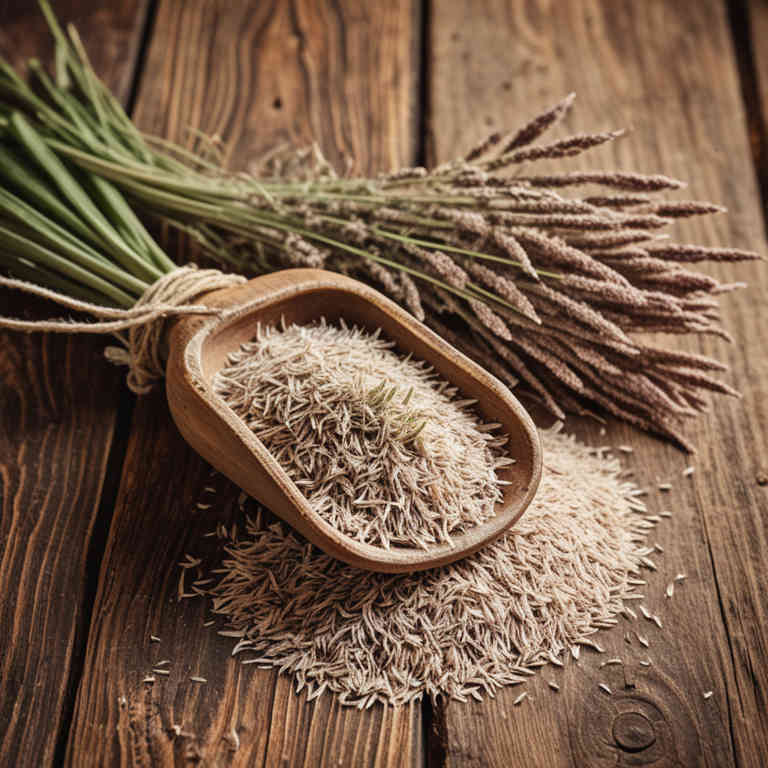Plantago psyllium mucillage for medicinal use

Plantago psyllium mucillage is a viscous substance derived from the seeds of the plantain herb, Plantago ovata.
It is rich in soluble fiber, which absorbs water and forms a gel-like texture when mixed with liquid. In herbalism, it is commonly used as a natural laxative to promote regular bowel movements and alleviate constipation. It is also used to support digestive health by aiding in the removal of toxins and improving nutrient absorption.
Additionally, it can be used as a mild detoxifying agent and is often incorporated into herbal formulations for its soothing and cleansing properties.
Uses
Plantago psyllium mucillage has been used to aid digestion and promote gastrointestinal health for centuries.
Historically, it was utilized in ancient Egypt and Greece for its soothing properties and as a remedy for digestive ailments. In traditional medicine systems like Ayurveda and Chinese medicine, it was valued for its ability to relieve constipation and support overall digestive function. Modern scientific research has confirmed its high soluble fiber content, which helps to increase stool bulk and regulate bowel movements.
Today, it is widely used as a natural supplement for digestive support and as a dietary fiber source in various health products.
Preparation
To make Plantago psyllium mucillage, start by measuring 1 tablespoon of psyllium husk and add it to a glass of room temperature water.
Let the mixture sit for 15-20 minutes, allowing the husk to absorb the liquid and form a thick, gel-like consistency. Stir gently every few minutes to ensure even hydration. Once the mucilage has fully developed, strain the mixture through a fine mesh sieve or cheesecloth to remove any undissolved particles.
The resulting mucilage can be consumed as is or added to smoothies, juices, or other beverages for its soothing and digestive benefits.
Side Effects
Plantago psyllium mucillage may lead to gastrointestinal discomfort, including bloating, gas, and abdominal cramps, due to its high fiber content.
It can also cause constipation if not taken with enough water, potentially leading to bowel obstruction in severe cases. Some individuals may experience allergic reactions, such as skin rashes or itching, though this is rare. Long-term use may interfere with the absorption of certain medications, reducing their effectiveness.
It is important to consult a healthcare provider before using psyllium mucilage, especially for those with existing digestive conditions or on medication.